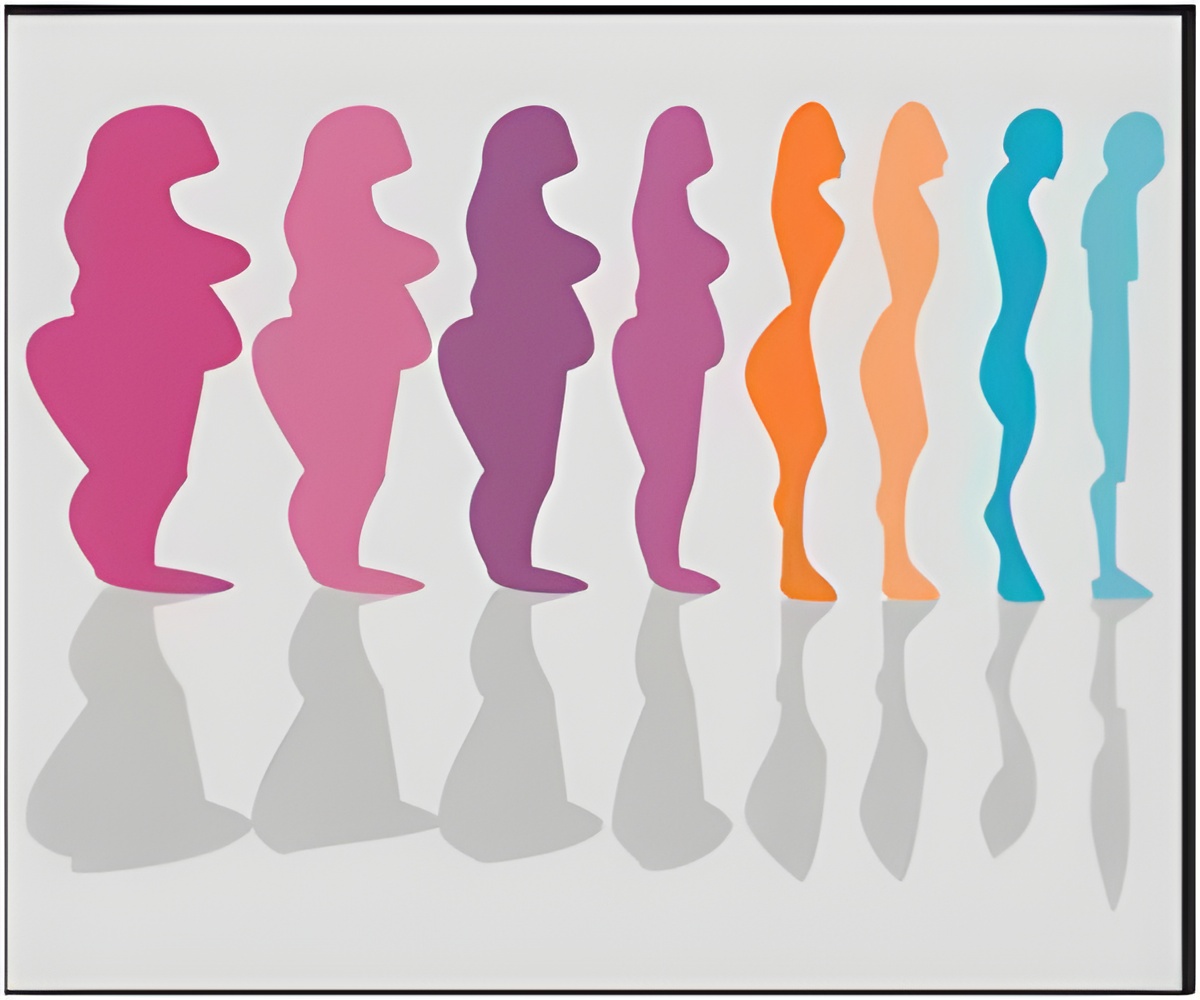
"Our findings suggest that disparities in obesity in the United States may be more affected by the broader social environment," said authors Youfa Wang, and Xialoi Chen.
"Poor quality retail food environments in disadvantaged neighborhoods, in conjunction with limited individual economic resources, contribute to increased risk of obesity within ethnic minorities and socioeconomically disadvantaged populations."
The authors hypothesized that between-group differences in nutrition- and health-related psychosocial factors, including nutrition knowledge and beliefs, are important contributors to the large racial/ethnic and socioeconomic differences observed in U.S. adults' dietary intakes, exercise, and obesity.
They analyzed nationally representative data collected from 4,356 individuals who had participated in the U.S. Department of Agriculture's Continuing Survey of Individual Food Intakes, and who had completed the Diet and Health Knowledge Survey, which asks about self-perceptions of nutritional intake, awareness of the relationship between diet and health, perceived importance of following nutritional guidelines, and other questions related to health and diet.
Each participant was asked 24 questions to evaluate nutrition and health-related psychosocial factors (NHRPF).
Advertisement
Changes in racial/ethnic differences in weight status were compared with diet and exercise participation.
Advertisement
Hispanics scored higher on the HEI. The racial and ethnic differences in diet and BMI changed little after controlling for NHRPF. But when SES was controlled for, the black-white differences in HEI became smaller and the white-Hispanic differences became greater.
The study has been published in the Journal of the American Dietetic Association.
Source-ANI













